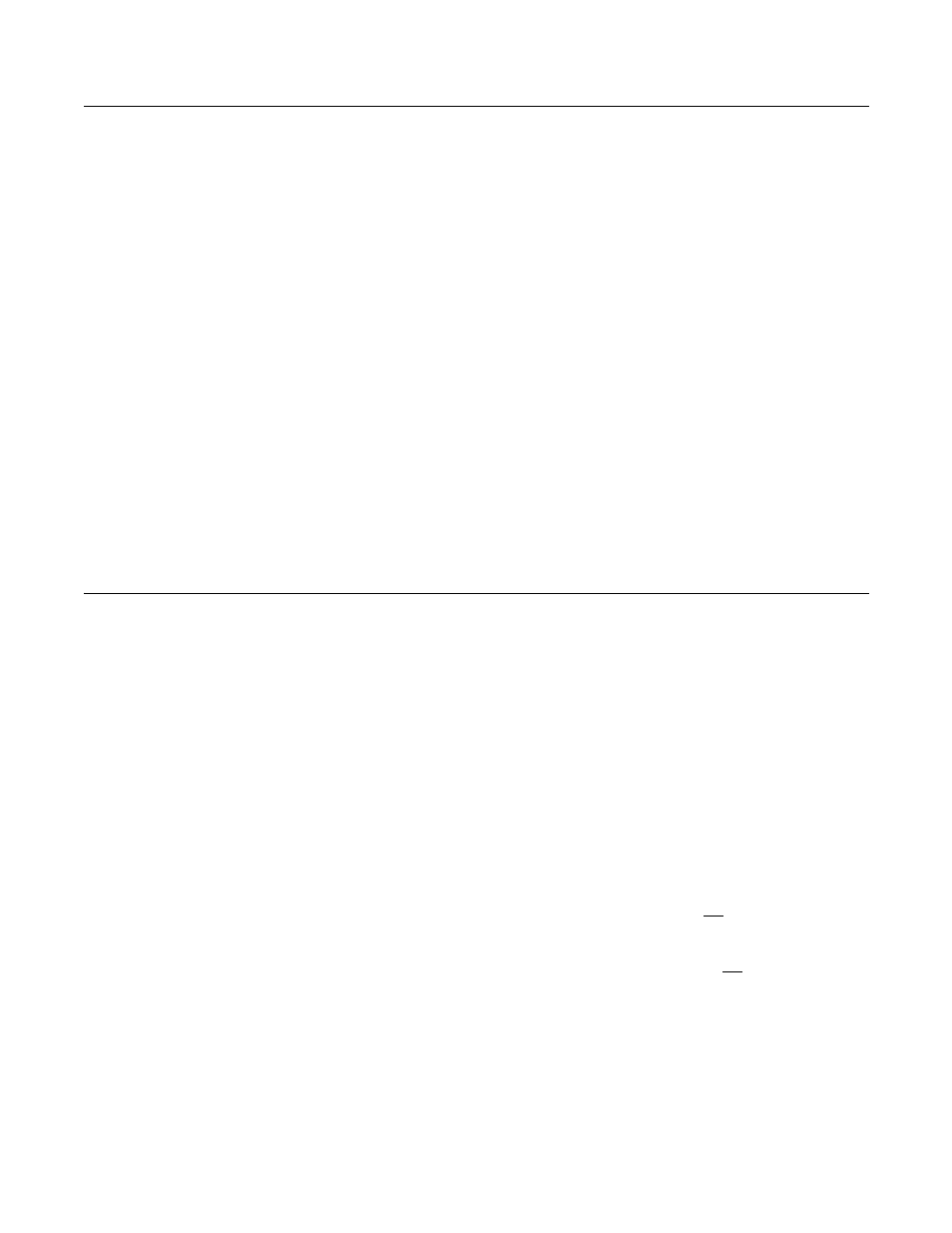Yaskawa P7B Drive Bypass User Manual
Page 92

Start Up and Operation 4 - 10
$
Switch Selectable Functions
The switch selectable functions, Smoke Purge, Auto Transfer and Remote Transfer represent various methods of transfer-
ring from the Drive mode of operation to the Bypass mode. They may be enabled in any combination from none of them to all
of them. See Table 4.1 for a summary of some common combinations of these switch selectable inputs.
Smoke Purge: When enabled (switch S105) this function allows a contact closure between terminals TB1-17 and TB1-18
to transfer motor operation to Bypass for a maximum capacity smoke control function. When in smoke purge mode, dur-
ing emergency fire/smoke situations, the motor overloads and safety interlock circuit are overridden to shift the priority to
protecting people rather than equipment. [Note: Smoke purge overrides all other control inputs and selector switches.
Smoke purge operation can only be terminated by opening the contact closure at terminals TB1-17 and TB1-18 or by
opening the Circuit Breaker (CB1).]
Auto Transfer to Bypass: When enabled (switch S103), the Bypass unit will automatically switch into Bypass mode on a
Drive fault. After clearing the Drive fault condition, the function resets by moving the HAND/OFF/AUTO switch to the
OFF position and waiting for the keypad to go blank. CAUTION: Before selecting this function in fan applications, care
must be taken to ensure that the ductwork is designed to handle the pressure resulting from full speed operation with the
VAV terminal unit dampers at minimum position or closed.
Remote Transfer to Bypass: When enabled (switch S104), this function allows a customer supplied contact closure,
between terminals TB1-25 and TB1-26, to transfer motor operation from Drive mode to Bypass mode. This remote
transfer to Bypass function overrides the DRIVE/BYPASS manual switch. An open contact causes operation in Drive
mode and a closed contact results in Bypass mode.
$
Contact Closure Inputs and Outputs
Customer Safety Interlocks Input: Terminals TB1-1 and TB1-2 are used as a Drive or Bypass override from the NC contacts
of the customer’s safety device series circuit. Anytime all the safety device contacts are closed, the Drive or Bypass will oper-
ate. When any one of these contacts open, the Drive or Bypass will immediately stop operating. This input is momentary, when
a customer safety device contact re-closes, the Drive or Bypass will return to operation.
Auto Mode Run/Stop Contact Input: TB1-3 and TB1-4 are input terminals used for the Run/Stop command when in the
AUTO mode. When these input contacts close, the unit will begin running. When the contacts reopen, the unit will cease
running.
Customer Supplied Interlock or Drive Enable Input: An open contact at TB1-5 and TB1-6 will override the run command,
preventing Drive or Bypass operation until these input contacts are closed. For example this input could insure that the system
dampers achieve an operating position before the fan is started in order to protect the ductwork from over pressure.
Drive Run Contact Output: Terminals TB1-7 and TB1-8 are an output contact that closes whenever the motor is running in
Drive mode. If the Drive is receiving a run command, but a fault condition occurs, this contact will not be closed.
Bypass Run Contact Output: Terminals TB1-9 and TB1-10 are an output contact that closes whenever the motor is running in
Bypass mode. If the Bypass is receiving a run command, but a fault condition occurs, this contact will not be closed.
Drive Fault Contact Output: Terminals TB1-11, TB1-12 and TB1-13 are a Form C set of output relay contacts, NO and NC
that are activated when the Drive is in a fault condition.